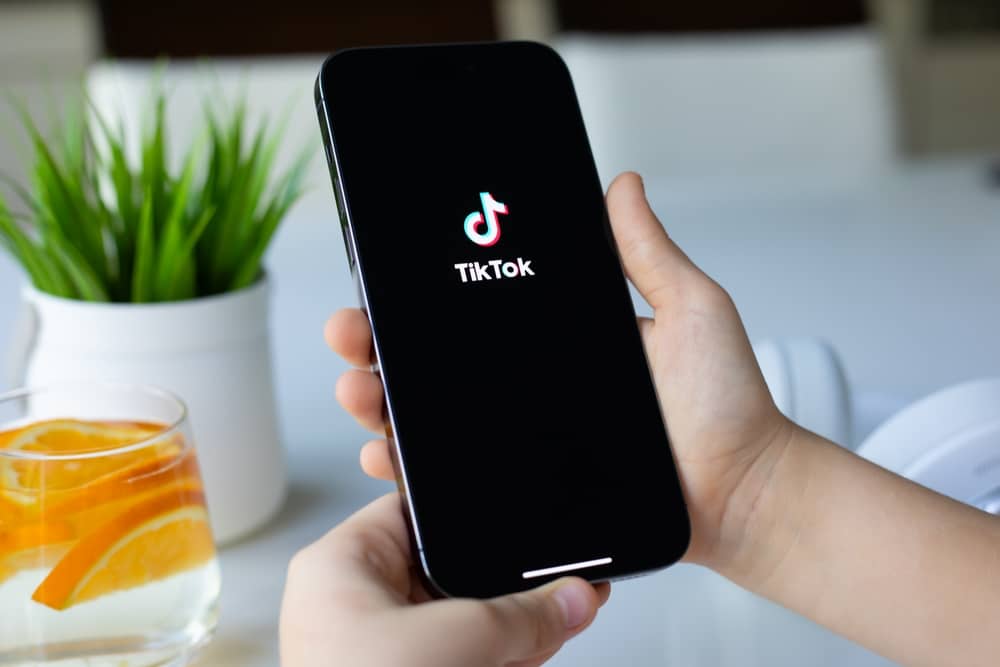I recently welcomed my second child into the world, and even amid the postpartum whirlwind, the mental load persists. During those late-night feedings, I often find myself preoccupied with thoughts about the supplies I need to gather for my son’s school the following morning or reminding myself, “don’t forget to add milk to the grocery list.” Life continues to move forward, and it’s easy to feel overwhelmed while trying to keep up with the ever-changing landscape of motherhood.
For those who can relate, asking for help can often feel daunting—especially regarding household responsibilities. Consequently, well-meaning postpartum messages like, “Let me know if you need anything” or “How can I assist you?” often fall flat. Thanks, but I won’t be asking for anything. My mental capacity barely accommodates the thought of “I’ll just take care of it myself.” In reality, I sincerely need ALL the support. Taking a moment to assess my needs and delegate tasks comes across as an added burden rather than a relief. So, what can you do to support a friend who has recently become a mother? A popular TikTok by Cameron Oaks Rogers offers excellent insight on how to be there for your postpartum friend.
Food is fundamental
New parents in the postpartum period often become so focused on caring for their newborns that they neglect their own well-being. Therefore, sending over some nutritious snacks or meals is always a thoughtful gesture, as put forth by Rogers in her video.
Send a considerate text with suggestions
One specific text suggestion is the key reason her viral video has amassed over 40k likes and 16k saves. I even saved it myself. Her recommendations resonate with me—someone who is currently navigating postpartum, as my friends and family have provided similar support.
In her viral TikTok, Rogers emphasizes the importance of starting with a straightforward text when supporting a friend who just had a baby. She advises crafting a message that is specific and includes assistance that the new parent might be hesitant to ask for. TikTok user @lexisrb33 acknowledged, “Yes yes yes! It’s so awkward to ask!” This could involve offers such as cooking dinner, tidying up the house, or caring for the baby so that the new mother can rest. Trust me, sleep is priceless. Rogers suggests sending this message:
Good morning, love! I’m available from 12 to 3 tomorrow, so please let me know how you would like to utilize my time. Here are some suggestions:
- I can come over while you spend time with the baby, and I handle laundry, prepare bottles, cook, or do grocery shopping.
- I can watch the baby while you take a well-deserved nap or enjoy some alone time, or go out for lunch, just the two of you and the baby.
- I can take you out to lunch, with or without the baby.
- We can just relax on the couch, chat, or watch a light-hearted movie together with the baby.
Rogers notes, “Allowing them the choice is crucial.” Encouraging someone to accept help can feel like a success in itself. Personally, I found it hard to accept offers of help because I felt a need to reciprocate. It wasn’t until I encountered a video from @nurturewomenstherapy by Amy Swart, an expert in pregnancy and postpartum care, who highlighted the importance of being in the season of RECEIVING. TikTok user @delancey.diy expressed, “Why am I crying wishing someone had done this for me after my first when I was so overwhelmed with (undiagnosed) PPD?”
What if there’s a toddler involved?
Rogers also offers advice for friends who may have older children or toddlers. Her example message includes:
- I can take the toddler out for some fun, or stay with them while you and the baby enjoy some time together.
- I can care for the baby while you have some one-on-one time with the toddler.
Having trustworthy friends and family during such times can be invaluable. My friends and family have graciously taken my 3-year-old for a few hours to play with their friends and cousins, which has proved to be a fantastic solution.
What if you’re not in the same location?
After Rogers’ initial video gained popularity, many viewers sought advice on how to help from afar. Rogers recommends maintaining communication, but suggests planning your message wisely. She advises sending a text about a week before the baby’s due date to ask about their favorite restaurant and preferred menu items. Armed with this information, once the baby arrives, you can easily check if you can send dinner via DoorDash, Uber Eats, or other delivery services.
Other ways to lend support from a distance include:
- Arranging a housekeeping service
- Hiring a lawn care provider
- Sending diapers
- Delivering hydration packets
- Providing protein bars
- Gifting a Kindle book via email (this is one of my personal favorites for those late-night feeding sessions)
@existentialreadhead shared, “We had a friend surprise us with a snack subscription, and it was incredible! Receiving unexpected snacks at my door brought tears to my eyes.”
Don’t forget about the mom
Rogers also reminds us that it’s common to focus solely on the baby, often neglecting to check in with the mother. I get it—who can resist the temptation to hold and admire a precious newborn all day long? Yet, even a simple message like, “How are you doing today?” can be incredibly significant. I appreciate Rogers’ insight: “I would never have thought to send such a message or offer that kind of help before I became a parent, as it’s truly an experience you can’t fully grasp until you go through it. It’s a shared journey. We all end up on an apology tour after our first child.” This resonates with me. Before becoming a mom, I had no idea how to support my friends who were expecting. As Rogers puts it, “I could never have imagined what they were experiencing.” Thank you, Cameron Oaks Rogers, for shedding light on the support we all need.



































